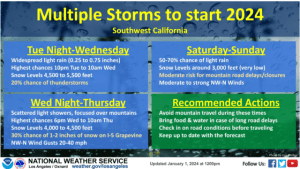It’s a simple message, but it’s so easily missed. “That doesn’t affect me,” is such a common response, but the people who drown are often those most likely to be considered safe.
A few important thoughts on drowning…
Drowning is typically silent. Forget what you hear in TV shows and movies. The reason so many drownings occur right in front of others is because it’s silent. Children and adults just head for the bottom – no screams, no splashes.
This video will help share the importance of knowing CPR and what to do in the event that you come across someone in trouble in the water:
So, just how big is the problem:
According to the Centers for Disease Control (CDC), from 2005-2009,more than 3,500 people died annually in the United States during the past six years. That’s about ten deaths every day. An additional 347 people died each year from drowning in boating-related incidents.
About one in five people who die from drowning are children 14 and younger. For every child who dies from drowning, another five receive emergency department care for nonfatal submersion injuries.
More than 50% of drowning victims treated in emergency rooms (ERs) require hospitalization or transfer for further care (compared with a hospitalization rate of about 6% for all unintentional injuries). These nonfatal drowning injuries can cause severe brain damage that may result in long-term disabilities such as memory problems, learning disabilities, and permanent loss of basic functioning (e.g., permanent vegetative state).
Did you know?
Children between the ages of one to four have the highest drowning rates. In 2009, among children one to four years old who died from an unintentional injury, more than 30% died from drowning. Among children ages one to four, most drownings occur in home swimming pools. Drowning is responsible for more deaths among children under the age of five than any other cause except congenital anomalies (birth defects). Among those one to 14, fatal drowning remains the second-leading cause of unintentional injury-related death behind motor vehicle crashes.
So, please take our advice to heart: Don’t drown this summer. Really.











